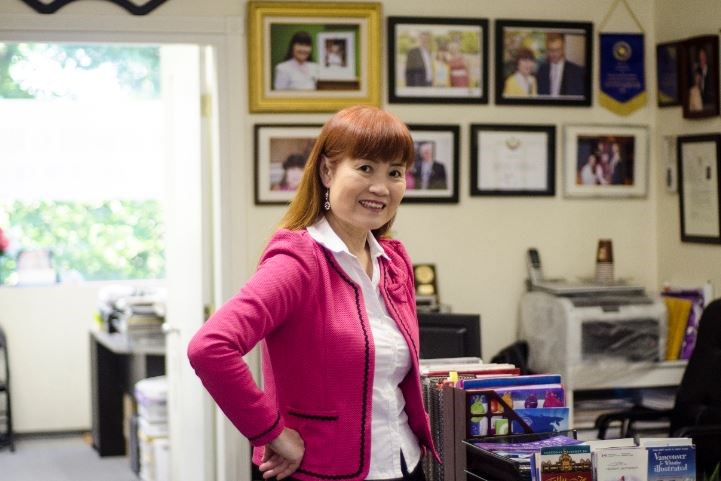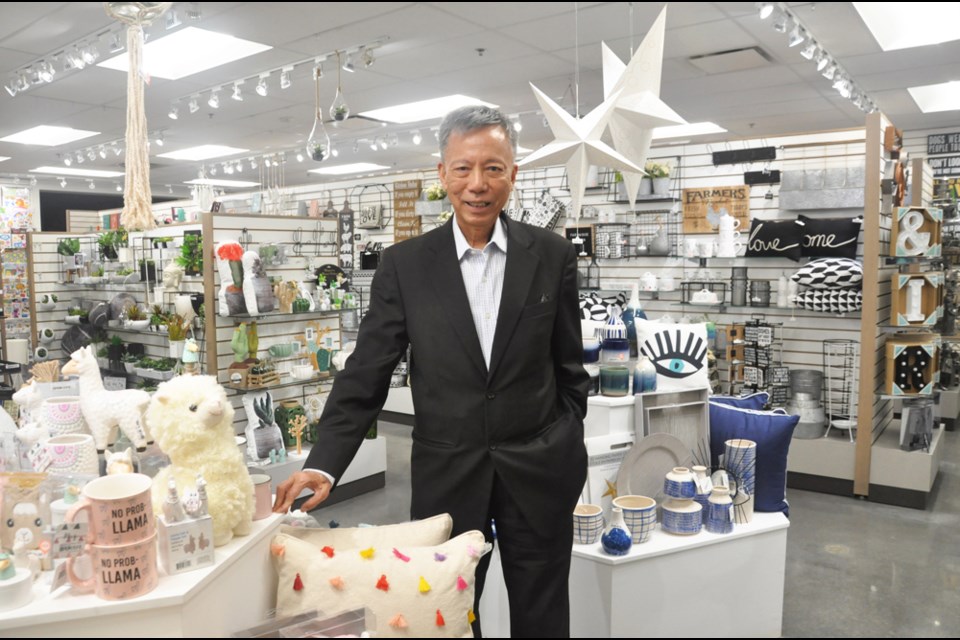The ripple effect of the ongoing US-China trade war has spread to Richmond, where many local businesses depend on trade with China.
Some businesses, especially those importing Chinese products, are preparing for negative effects of the battel. However, those exporting Canadian products to China are seeing good changes take place.
Johnny Fong, Richmond philanthropist and chairman of wholesale giant Brands Inc., told the Richmond News that if the trade war continues, local consumers might see an increase in price in Made-in-China products.
Brands Inc. is Canada’s largest wholesale of its kind and imports products such as housewares, kitchen wares, toys and giftware from China.
The company offers more than 10,000 types of products and imports 10 million plus items every month, selling them to supermarkets and dollar stores across Canada, according to Fong.
“As you may know, a large percentage of Chinese manufactured goods are sold to the United States market. The Canadian market is only 10 per cent of the U.S. market,” said Fong.
“Without the large U.S. market for Chinese goods, shipping fees and prices for products imported to North America will increase, because if you just buy small quantity, there is a price difference.”
Fong said one thing he has already noticed is a slowdown in the development of new products by Chinese manufacturers.
“Because of the uncertainty of the U.S. market, manufacturer owners are hesitant when creating new products for the coming year,” said Fong.
“There are a lot of investment costs people have to pay upfront to develop new products. When business owners only sell a small quantity, they cannot afford the development costs.”
Fong said all those factors mean more costs for his company and for consumers in Canada in the future.
“If you go to all the dollar stores, 99 per cent of their non-food products are from China... It’s going to affect a lot of people here,” said Fong.
“I understand that the U.S. wants to promote its own products, but products made in the U.S. may cost three dollars while in China they cost one dollar.”
Fong said he and many other Richmond business owners are keeping an eye on the trade war and trying to figure out what to do.
“The (trade) war has just started...nobody knows when it will stop and how serious it will be in the future,” he said.
“I think we still have to wait...until a little bit later when we can see a better picture between the two countries.”
However, not all Richmond businesses are concerned. In fact, some have benefited from the more strained U.S.-China trade relaions.

Amy Huang, president of Richmond-based North American Investment Association and owner of Huijing Foods, said she has seen an increase in food exporting to China since the trade war began.
Huang’s company and others in the association export local agricultural products such as dry blueberries, maple syrup, seafood, jams and ice wine to China.
“Actually, we have seen an increase in our food exporting to China this year,” said Huang.
“China has imposed tariffs on a variety of American agricultural products, but not on Canadian products.
“So many Chinese companies don’t import agricultural goods from the U.S. anymore – they have turned to Canada instead.”



